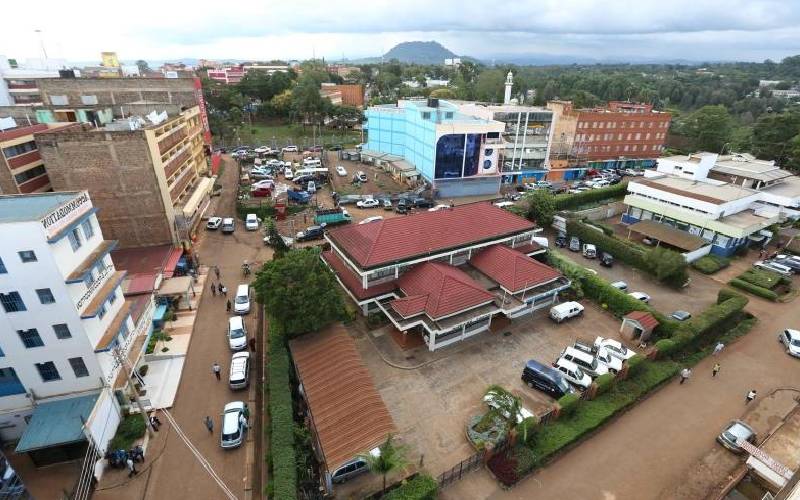Welcome to Mt Kenya region’s sobriety oasis
By David Macharia, May 4, 2023In the midst of the problem of alcohol abuse in the Mt Kenya region, there are settlements in Nyandarua county that for more than 50 years have never had alcohol sold in homes or business premises.
Nyahururu Farmers Limited, popularly known as Kwa-Njora Farm, which measures 2,300 acres, and Karagoini Settlement scheme, have neither had bars nor illegal alcohol dens.
In Kwa-Njora Farm, a decree was issued in 1970 by nine men led by Livingston Njora Kiawa who were the officials of the land buying company.
“After the buying process of this farm was completed (1968-69) and people settled on their parcels, the elders sat down and decreed that no alcohol will ever be sold here,” says Peter Kung’u who served as accounts clerk of the land buying committee.
“One can brew alcohol at home for ceremonial purposes or own consumption but not for sale. Those drinking the alcohol at home should not disturb the tranquility of others,” he explains.
“One can also drink outside the farm but walk quietly home without disturbing the peace of others,” Kung’u adds.
Lucy Njoki, who was a young girl when her parents were settling on the farm, corroborated this account.
“Community policing was implemented here 50 years before the country adopted the practice,” said camera-shy Njoki who refused to be photographed.
The uniqueness is shared by their neighbours in Karagoini.
Njoki said it still baffles people regarding what informed the elders’ decision to come up with the rules at a time when the problem of alcohol abuse was rare.
Chief Jane Wanjiru Mutahi of Leshau location, where the two alcohol-free zones fall, said Karagoini and Kwa-Njora sub-locations which have a combined population of more than 6,000 people, do not have bars.
“We believe the founders’ decisions were informed by experiences of where they came from. It shows people in any area can successfully come up with their own self-regulation to stop alcohol abuse,” she says.
The consequences
What happens if a person defies the decree?
Kung’u explained the declaration by Nyahururu Farmers Company elders was turned into rules complete with disciplinary action to be meted on those who break them.
“The rules were written and handed to the area chief for keeping and implementation. The disciplinary action against the breakers is refund of what they contributed when purchasing the farm and ensuring the culprit is escorted out of the farm together with his or her belongings,” says Kung’u who turned 80 last week.
He says since they crafted the rules more than 50 years ago, only three incidents of infringement have been recorded. Kung’u said two residents were briefly expelled from the farm for breaking the rules were but allowed to resettle after they apologised.
The second was a person who obtained a licence to operate a bar at Kwa-Njora trading centre. “He left shortly after the business failed. It had to close down because he did not have customers as locals are busy in their farms, with their businesses and families,” Kung’u recalls.
Thirdly was when some young men started selling alcohol secretly but quickly abandoned the venture when elders were tipped about it and they were stopped.
The farm was bought from a white settler, Sitz Patrick, who grew wheat and bred horses.
Patrick’s house, where the elders met and crafted rules that decreed against alcohol sale, still stands and houses offices of various welfare groups in the area.
Kwa-Njora Primary School and Kwa-Njora Special School stand on what used to be the horses stable.
More Articles

